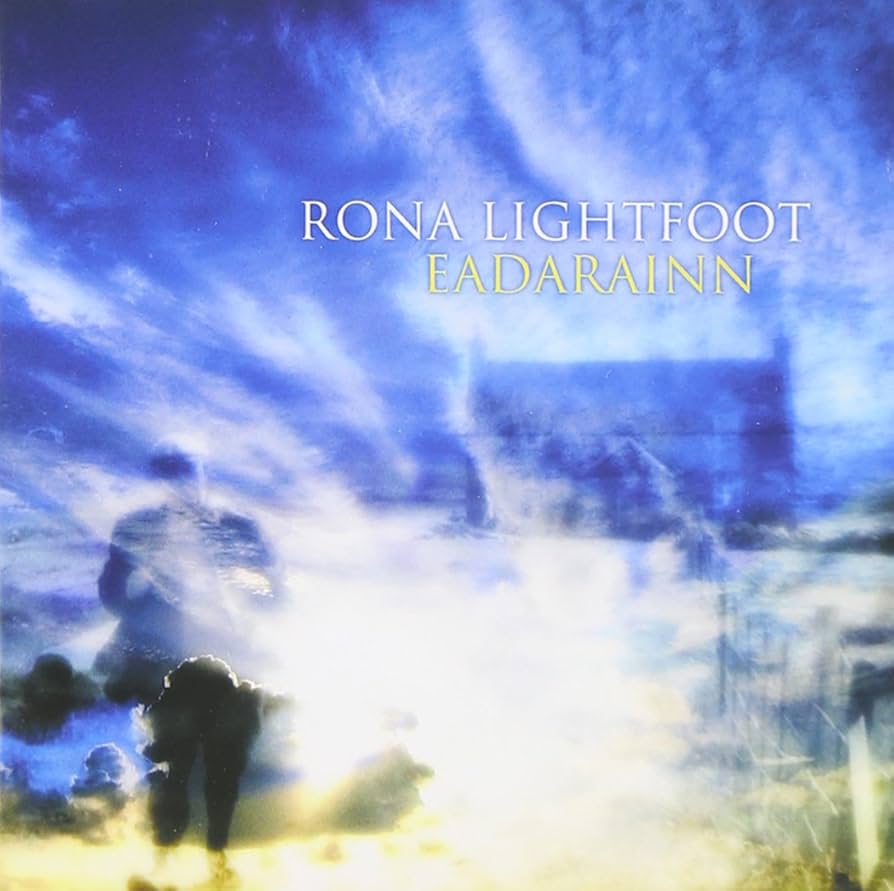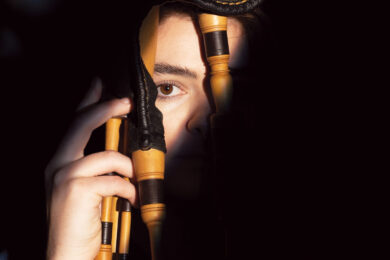1. Rona LightfootEadarainn

There’s a story that I don’t quite remember myself, but it’s been told to me by my mum and dad, that I heard her play in Ireland when I was about 4, that I was drawn to the pipes and that from then on I would say I wanted to learn them. When I started on the highland pipes, this is an album I would listen to a lot. I think for women in piping, Rona is a really significant person who broke down barriers. When she was a piper it was very normal for the societies that would organise events to be men-only. The world of highland piping is very connected to the military and that ended up spilling into the musical events. At the same time, what I liked about this album is that, yes, it did have that traditional highland piping sound, but also there’s a lot of connection with song. Growing up in this particular world of pipes, I found it can be quite set in its ways, and forget the connections to song and other styles of music, so I listen to her singing a lot as well.
Rona sang on my debut album, so that was a special moment. I knew I wanted her to do canntaireachd on it. This album was the first time I heard a performance of canntaireachd in that way. I have a lot of respect for her, she’s a tradition bearer, you know? The type of person you might only hear in archive recordings now. Her knowledge is from another time. It felt like an honour.


